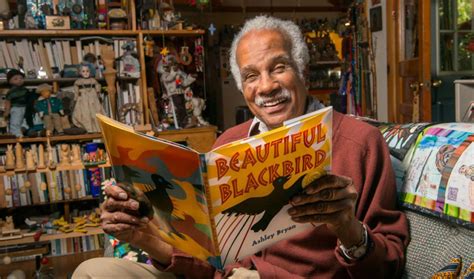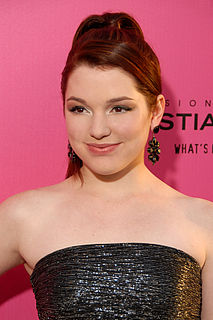A Quote by Clarissa Pinkola Estes
The wild woman is fluent in the language of dreams, images, passion, and poetry.
Related Quotes
I love poetry. It's at the heart of everything I do. Poetry transforms what we call language, and uses language as the stuff to become something else. I get spun around by what happens in words. When that occurs, it inspires images that seem so original to me as an artist, even though I'm following what the poem has offered.
It is that holy poetry and singing we are after. ... It is the wild singing we are after, our chance to use the wild language we are learning by heart under the sea. When a woman speaks her truth, fires up her intention and feeling, staying tight with the instinctive nature, she is singing, she is living in the wild breath-stream of the soul. To live this way is a cycle in itself, one meant to go on, go on, go on.
On the rare occasions when our dreams succeed and achieve perfection - most dreams are bungled - the are symbolic chains of scene and images in place of a narrative poetic language; they circumscribe our experiences or expectations or situations with such poetic boldness and decisiveness that in the morning we are always amazed when we remember our dreams.
The etymologist finds the deadest word to have been once a brilliant picture. Language is fossil poetry. As the limestone of the continent consists of infinite masses of the shells of animalcules, so language is made up of images or tropes, which now, in their secondary use, have long ceased to remind us of their poetic origin.




































